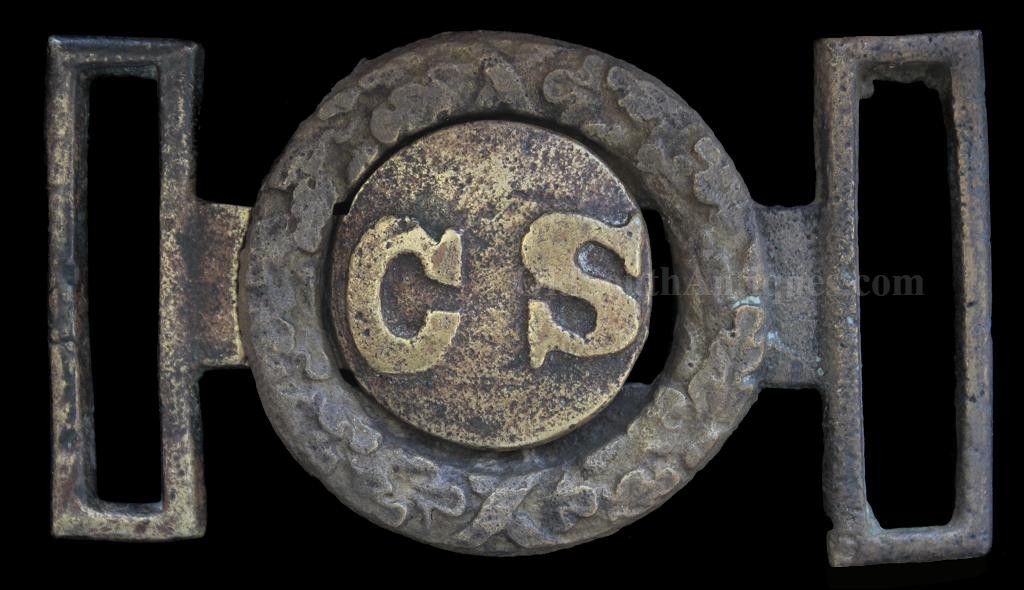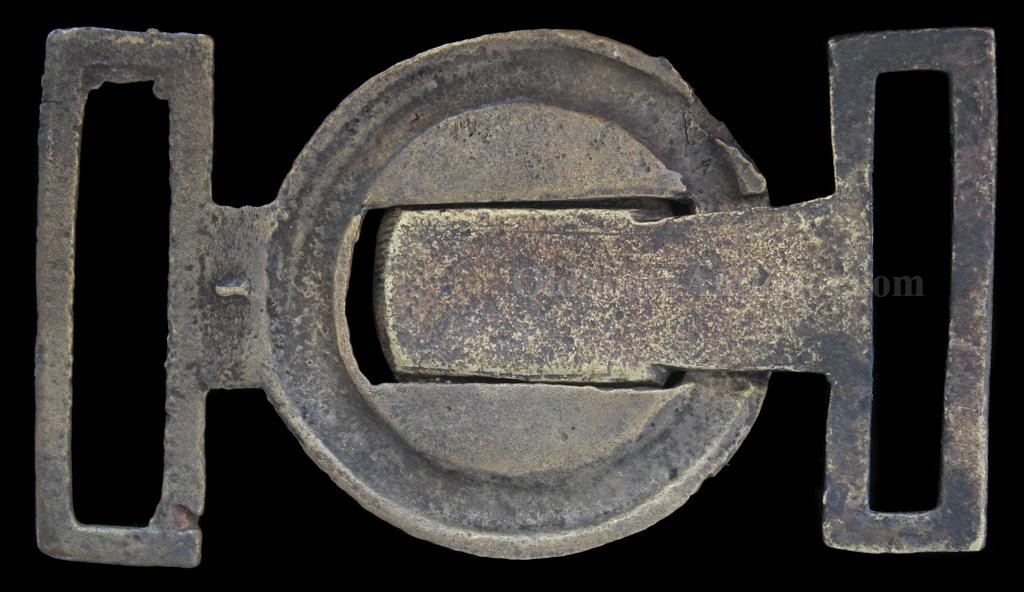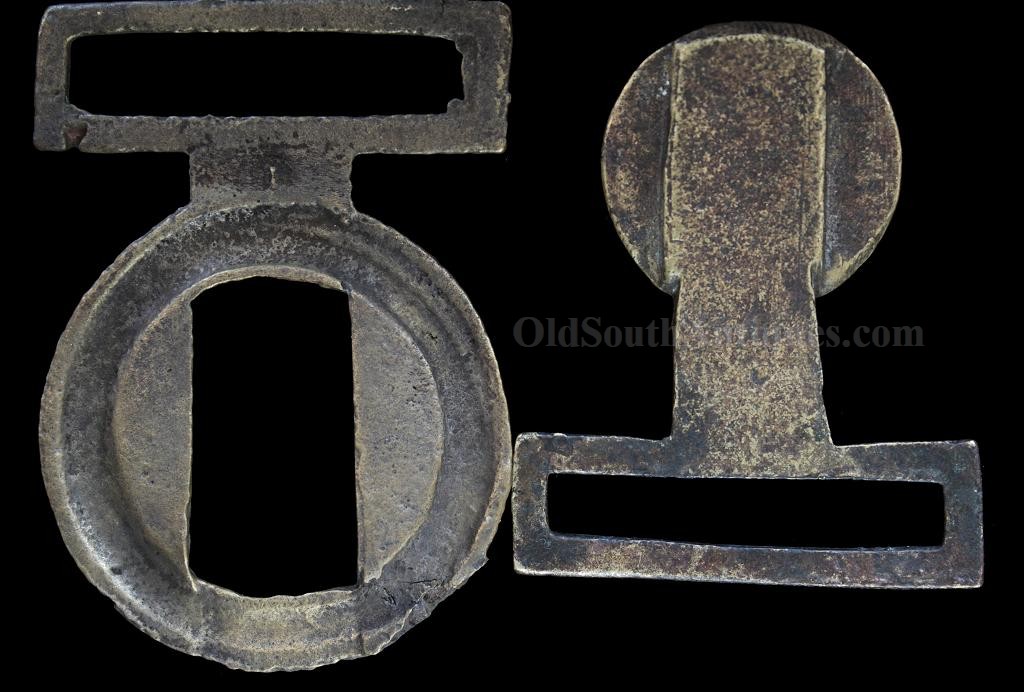
| Catalog | Past Items | Order Info | Terms/Conditions | About Us | Inventory Clearance |
Thomas S. Leech, had moved to Memphis, Tennessee in 1854 to establish a cotton dealership. It was financed by his partners: his brother John B. Leech, Thomas Harrison, Sir Arthur Forwood, and Sir William Bower Forwood of Liverpool, England. Leech opened the firm of Thomas Leech & Co., Cotton Broker, at 35 Front Row Street in Memphis. As war became imminent, Leech formed a new partnership with S.B. Carver and J. F. Frank, and began to expand their business to include war material. The Military items were sold under the name of "Memphis Novelty Works Thomas Leech & Co.”
Under this name the company manufactured Swords, Side Knives, Belts and Buckles.
Leech later formed a partnership with Charles H. Rigdon and renamed the partnership Leech & Rigdon in 1862.
During the period from November 6, 1861 through June 18, 1862, Thomas Leech & Co. Memphis Novelty Works, delivered to the Confederate Army Depot 2,017 swords and scabbards, belts, buckles and side arms. On July 26, 1862 Leech & Rigdon delivered 750 sets of gun mountings at $3.00 per set and 7 swords at $25.00 each; on August 4th another 30 swords were delivered as well as 400 pairs of spurs at $1.75 each.
This rough pattern was purchased by the Confederacy for issuance to their enlisted personnel to carry the company’s enlisted cavalry swords. All swords came with a sword belt; a sword without a belt was useless to a cavalryman.
Notice that all of this rare pattern are extraordinarily crude, both in casting and fit. This tells me that it is one of their first productions, made when they were still operating under the Memphis Novelty Works name and working out the manufacturing problems.
The two pieces are different colors, but for several reasons, I do not believe them to be a marriage. The first is that both have the same extraordinarily crude casting and rounded belt loops; it would be very difficult to find a matching wreath in non-excavated condition that had both of these traits. It also has the same mismatch of size between tongue disc and wreath that is to be expected with the pattern and last, because the patina is much lighter where the tongue bar crosses the wreath, indicating a very long association, with the tongue bar protecting the wreath from the elements to which the rest of the wreath was exposed.
Copyright © 2025 OldSouthAntiques.com All Rights Reserved.
Privacy Policy | Terms of Use
Powered by Web-Cat Copyright © 1996-2025 GrayCat Systems


